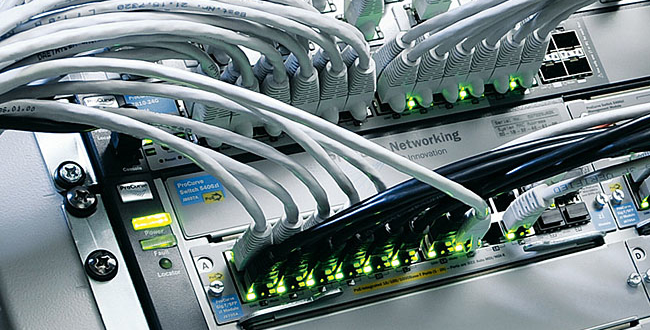As a senior gamer myself, I think the worst nightmare I’ve had to deal with playing marathon games is the infamous “spinning wheel of death.” That’s right – the mojo-killer, the surefire indicator that your internet connection is crappy. Of course, I have to admit right from the outset that not all networks are created equal when it comes to gaming. For one, a few providers are equipped to offer gamers the right latency, ping, and internet connection.
In this post, I thought I’d round up a few factors that are indispensable when selecting the best internet service provider for serious gaming.
Speed Versus Ping
Unlike regular internet usage like video streaming, Facebooking, video conferencing and browsing where bandwidth and speed are kings, gaming over network calls for robust ping, and low latency is certainly crucial. In case you are wondering, ping refers to the time it takes a “data packet” to make a round-trip from your device to a server and back. Latency, on its side, is the time the same data packet takes from a particular server (game server in this instance) to your device.
In essence, ping and latency are immensely paramount for gaming because of the real-time aspect of today’s gaming. Imagine being a fraction of a second out of sync – that’ll simply ruin your chances of winning. The bottom line is speed/bandwidth isn’t the matter – compare ISPs based on the two: ping and latency.
How Frequently Do You Download Games?
Gamers come in a huge variety. While a few players prefer the old-school DVD-based games, others prefer to download huge files now and then. Sure, gaming doesn’t consume more data than browsing Facebook or watching videos, but downloading 50GB games calls for bigger data packages.
Top-Notch Routers
High-grade ISP routers take the gaming experience to a whole new and exhilarating level. While there are myriad routers customized for gaming, any high-end router can certainly offer similar or even better quality of bandwidth/ping as long as the following features are incorporated:
Gigabit Ports: Ethernet connections pack enough punch to take on latency when compared to a wireless connection. So, gaming over a wireless connection is simply a joke. In practice, Gigabit Ethernet ports are king, and always future-proof.
Network/ QoS Prioritization
Typically, QoS and network prioritization doesn’t matter to most internet users, but to gamers it makes a huge difference. Why? With QoS, your gaming gadget can get a prioritized connection from the router.
Dual Band: if for whatever reason, you can’t wire your gaming devices via ethernet cables, a dual band router can do the trick. These kinds of routers have the ability to rev up network speed to your gaming gadgets by moving other slower devices onto a different channel. This way, the router frees up bandwidth for an even more sizzling gaming experience.
Third-Party Firmware: Often, outdated firmware slows down gaming routers. Using third-party firmware, for one, offers you a chance to overclocked the router, offer speedier and more robust connection.

Leave a Reply
You must be logged in to post a comment.